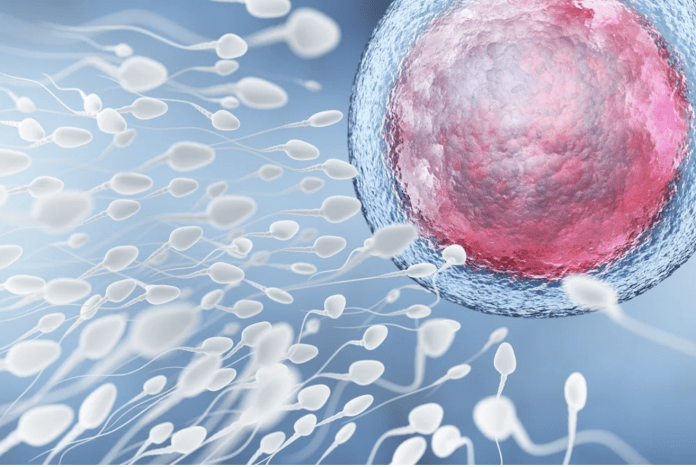Any couple trying to conceive may encounter emotionally taxing infertility. Even though female infertility is commonly discussed, male infertility is a widespread issue that affects many couples. Male infertility accounts for about 40% of cases of infertility. In addition, males with severe infertility may succeed with in vitro fertilization (IVF).
Using IVF, an egg is fertilized externally, and the resulting embryo or embryos are placed inside the uterus. It is used when other infertility treatments have failed or when there are issues with the male reproductive system, such as low sperm count, delayed sperm motility, or abnormal sperm shape.
Here are some ways that IVF can help couples struggling with male infertility bring home a baby:
ICSI: Intracytoplasmic sperm injection (ICSI) is a specific type of in vitro fertilization (IVF) that aids couples whose main problem is male infertility.
To facilitate fertilization, a single sperm is directly inserted into an egg during ICSI.
Using sperm with weak motility or unusual shapes, which cannot enter the egg independently, is possible with this method.
Sperm Recovery: In some instances, a blockage in the reproductive system may be the reason for male infertility, preventing the release of sperm after ejaculation.
In certain situations, sperm can be extracted directly from the testicles or epididymis via testicular sperm extraction (TESE) or percutaneous epididymal sperm aspiration (PESA). This retrieved sperm can then be used in an IVF cycle.
Donor sperm: Donor sperm can be used in an IVF cycle when male infertility cannot be cured or when the male partner does not have viable sperm.
Sperm from a known donor or a sperm bank can be used as a donor.
Before being used in an IVF cycle, the sperm is checked for genetic and infectious disorders.
Genetic testing: Certain male infertility problems may be brought on by inherited genetic disorders.
Preimplantation genetic testing during IVF can help find these genetic anomalies (PGT). This method checks embryos for genetic flaws before uterine implantation to ensure that only healthy embryos are transferred.
Multiple Embryo Transfer: IVF may produce fewer embryos than in other infertility situations when male infertility is the main problem. Yet, transferring several embryos can raise the likelihood of a pregnancy going well. For elderly couples or those who had unsuccessful IVF cycles, multiple embryo transfers may also be advised.
Success Rates: IVF can be very successful for couples dealing with male infertility. However, success rates vary depending on the cause of infertility and the female partner’s age.
ICSI-based IVF often has higher success rates than standard IVF; some studies have found up to 70% success rates.
Conclusion
IVF can be a very successful alternative for couples battling with male infertility. IVF can help couples realize their desire to start a family, whether through ICSI, sperm retrieval, donor sperm, genetic testing, or multiple embryo transfer.
Speaking with a fertility expert & IVF Centre in Punjab is important if you are experiencing male infertility to go over your choices and choose the most effective one. You might be able to get over male infertility with the help of laparoscopy surgery in Punjab and begin your path to parenting.
